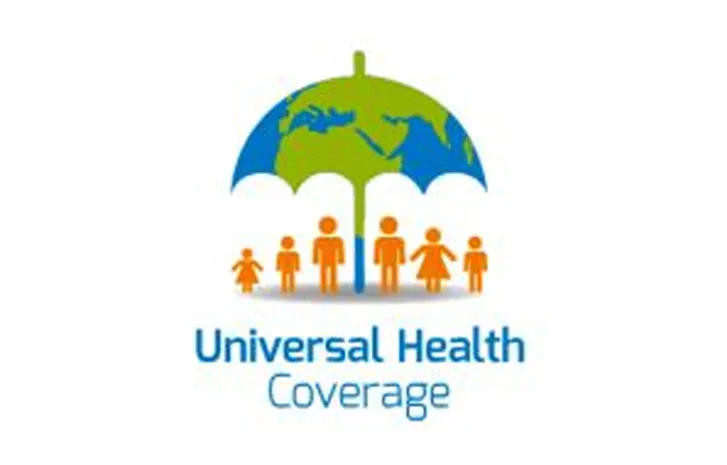
Co-convener of the Nigeria Universal Health Coverage (UHC) Forum, Dr. Gafar Alawode has called on states to adopt policies similar to Lagos State’s executive order mandating compulsory insurance subscriptions for residents.
Alawode, a health economist, made this appeal during an interview with journalists in Abuja over the weekend.
Lagos State has mandated that all residents and employees must enroll in the state health insurance plan or face the discontinuation of state services, except in life-threatening situations. Governor Babajide Sanwo-Olu’s executive order directs all government ministries, departments, and agencies to provide services only to those with valid health insurance provided by the Lagos State Health Management Agency (LASHMA) or NHIA-accredited private providers. This directive, based on the Lagos State Health Scheme Law of 2015 and the National Health Insurance Act 2022, aims to improve the health sector and achieve universal health coverage. Additionally, the government will release funds to support vulnerable residents who cannot afford insurance.
Alawode praised Lagos State for creating an enabling policy environment for universal health coverage and urged other states to follow suit. “We seize this auspicious moment to appeal to other states in Nigeria to put necessary measures in place and emulate the remarkable political commitment of the Lagos State Government. The Lagos State Government’s actions should serve as a beacon of inspiration for other states to expand access to quality health care with financial protection,” he said.
He called on state governors to sign similar executive orders mandating residents and workers to subscribe to social health insurance schemes, regularly release equity funds and make adequate provisions for health infrastructure, health workers’ welfare and health commodities. “We also use this medium to call on the Nigeria Governors’ Forum to prioritise Universal Health Coverage and create a peer comparison mechanism to catalyse the implementation of policies that will accelerate UHC progress,” he appealed.
Alawode emphasised that such measures would enhance financial protection, reduce the burden on social services and foster a culture of insurance in the country. “The executive order in Lagos is seen as a significant step toward universal insurance coverage, aiming to mitigate risks and provide a safety net for individuals and businesses alike,” he said.
The Nigeria UHC Forum received the news of the Governor of Lagos State’s order with great enthusiasm. “This order, which makes it mandatory for workers and residents of Lagos State to subscribe to the social health insurance scheme, is a monumental step towards promoting the health and well-being of the people of Lagos State,” he added.
He expressed excitement about the state government’s decision to release the equity fund regularly, meant to purchase health insurance premiums for poor and vulnerable residents. “The Nigeria UHC Forum would like to underscore the importance of the giant stride taken by the state government. Mandatory participation in health insurance and subsidisation of the poor and vulnerable population is sine qua non for achieving UHC,” he stated.
Alawode also noted with satisfaction the measures introduced to ensure compliance with the executive order by Lagos State residents. “We urge the Lagos State Health Management Agency (LASHMA), the Lagos State Ministry of Health, other relevant MDAs, development partners and civil society to take advantage of this unprecedented opportunity. They should put in place the necessary implementation modalities to set Lagos State on the trajectory of UHC,” he said.
He commended the efforts of various stakeholders that led to the enactment of the National Health Insurance Authority (NHIA) Act 2022. “We use this medium to call on the NHIA to accelerate the implementation of the legal framework, especially the Vulnerable Group Fund and the mandatory participation provisions of the Act,” he urged.
While noting that Nigeria has yet to occupy its deserved position in the comity of nations considering its human capital and economic potential, Alawode said the forum remains optimistic that the country can set UHC examples for other African countries to follow. “With the right policies and political commitments, Nigeria has the potential to lead the way in Universal Health Coverage and we are hopeful for the future,” he said.

